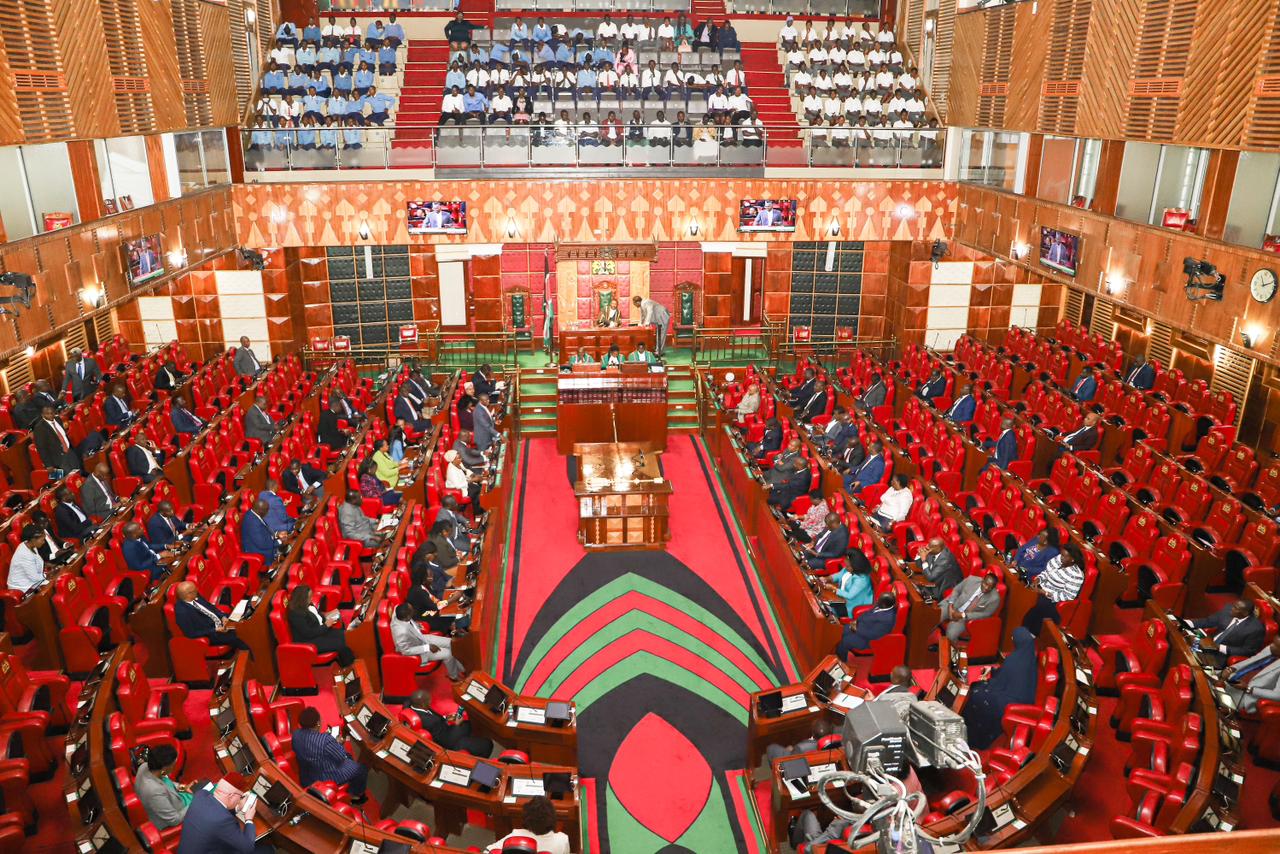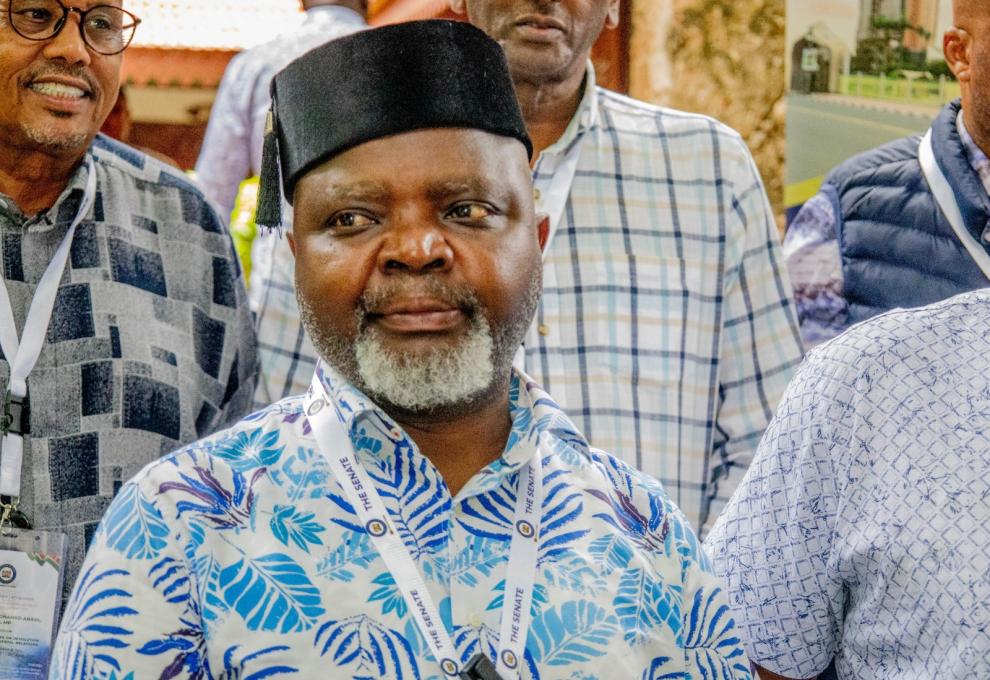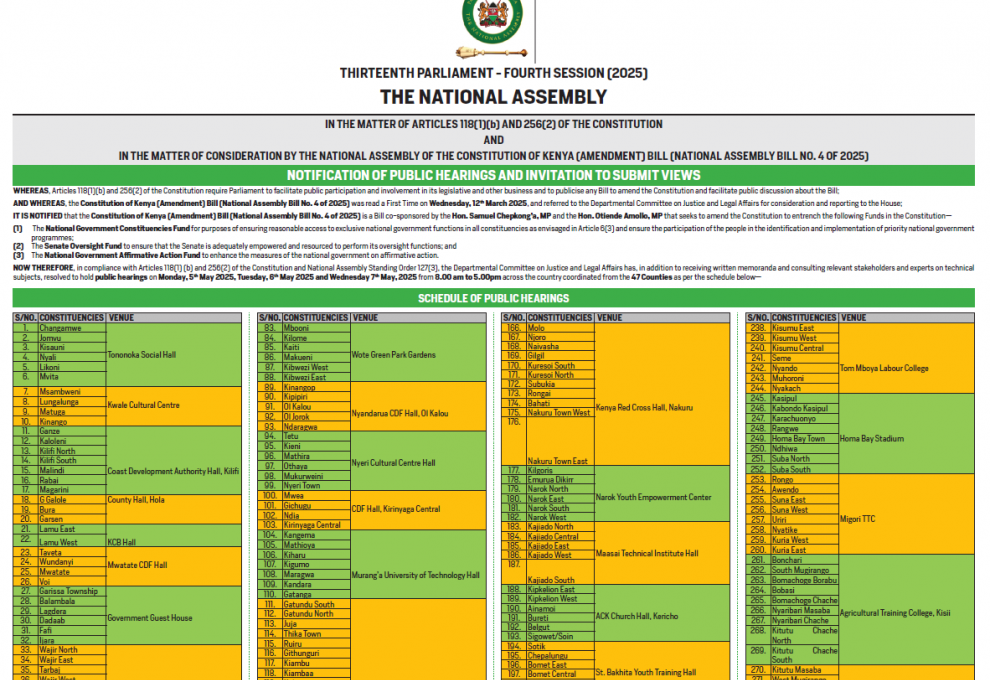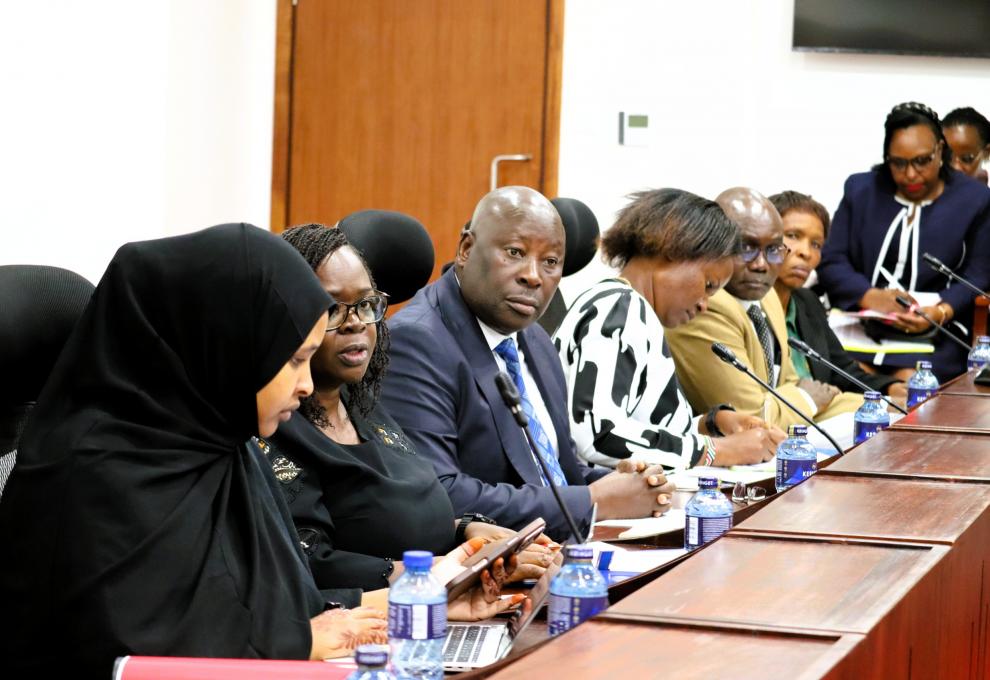𝐍𝐀𝐓𝐈𝐎𝐍𝐀𝐋 𝐀𝐒𝐒𝐄𝐌𝐁𝐋𝐘 𝐀𝐏𝐏𝐑𝐎𝐕𝐄𝐒 𝐄𝐒𝐓𝐀𝐁𝐋𝐈𝐒𝐇𝐌𝐄𝐍𝐓 𝐎𝐅 𝐊𝐄𝐍𝐘𝐀'𝐒 𝐅𝐈𝐑𝐒𝐓 𝐅𝐔𝐋𝐋𝐘 𝐅𝐋𝐄𝐃𝐆𝐄𝐃 𝐕𝐈𝐑𝐓𝐔𝐀𝐋 𝐔𝐍𝐈𝐕𝐄𝐑𝐒𝐈𝐓𝐘
The National Assembly has granted approval for the establishment of Kenya's first virtual university, offering a cost-effective alternative to traditional higher education for Kenyan students. Last week, the House approved the preliminary charter for the Open University of Kenya (OUK), paving the way for the admission of the initial cohort of 7,100 distance e-learners.
The university, leveraging the country's digital infrastructure, is anticipated to charge fees ranging from Kshs.10,400 to Kshs.10,900 per module, depending on the course.
“The identified programs at the Open University of Kenya propose a fee range of between Kshs.10,400 and Kshs.10,900 per module, based on the principle of affordability and in comparison with other open distance learning institutions,” stated the Technical Committee on the Establishment of the Open University of Kenya Report.
The modules charging Kshs10,400 include the Bachelor of Data Science, Bachelor of Economics and Statistics, Bachelor of Science in Business and Entrepreneurship, Bachelor of Technology Education, and Bachelor of Cyber Security and Digital Forensics. On the other hand, Bachelor of Science in Agricultural Sciences and Technology module is expected to cost Sh10,900.
“For the two post-diploma courses - Diploma in Learning Design and Technology and Postgraduate Diploma in Leadership and Accountability - offered in the first year, the projected fee per year is Sh130,000,” read the Report.
At the Open University of Kenya, situated in Machakos at the Konza Technopolis, full-time students will take between four and six modules.
The Draft Charter for the Open University of Kenya was submitted to the National Assembly on June 15, 2023, seeking Parliamentary approval as per Section 24 (1)(b) of the Universities Act, (2012).
The Charter's objective is to establish a national Open University specialized in providing university programs through distance and e-learning modes.
Section 24(1)(b) of the Universities Act, 2012 stipulates the establishment of a national open university as a specialized institution to offer programs through distance and e-learning.
The President will establish such a university upon the recommendation of the Commission for University Education (CUE) through the Cabinet Secretary for Education, subject to Parliament's approval.
The establishment of the Open University of Kenya aligns with the Government's policies aimed at enhancing open and distance learning, as outlined in various government instruments, including Sessional Paper No.1 of 2005, Sessional Paper No.1 of 2019, the National Education Sector Strategic Plan (2018-2022), Vision 2030, and the UN Sustainable Development Goals (SDGs).
Hon. Samuel Chepkonga (Ainabkoi), chair of the National Assembly Committee on Delegated Legislation, emphasized that the Open University of Kenya will facilitate broader access to university education through flexible modes of study.
“The intention is to ensure that regardless of one's location in the country, he or she will not be disadvantaged due to the distance from established universities,” said Hon. Chepkonga.
He further explained, “For instance, someone in Turkana can enroll in Pwani University, which may be costly due to distance. Instead, they can register with the Open University to pursue their course, complete it, and graduate without leaving their place of residence.”
Hon. Chepkonga added that the Open University will address access barriers for hard-to-reach groups by implementing flexible admission criteria and recognizing prior learning.
Additionally, the university will employ technology to overcome geographical limitations and facilitate access in various locations.
“The focus on long-distance learning ensures compliance with constitutional requirements for non-discrimination and inclusion. It will provide opportunities for youth, the elderly, persons with disabilities, minorities, marginalized groups, and those employed in various sectors seeking upward mobility or skills diversification,” he said.















